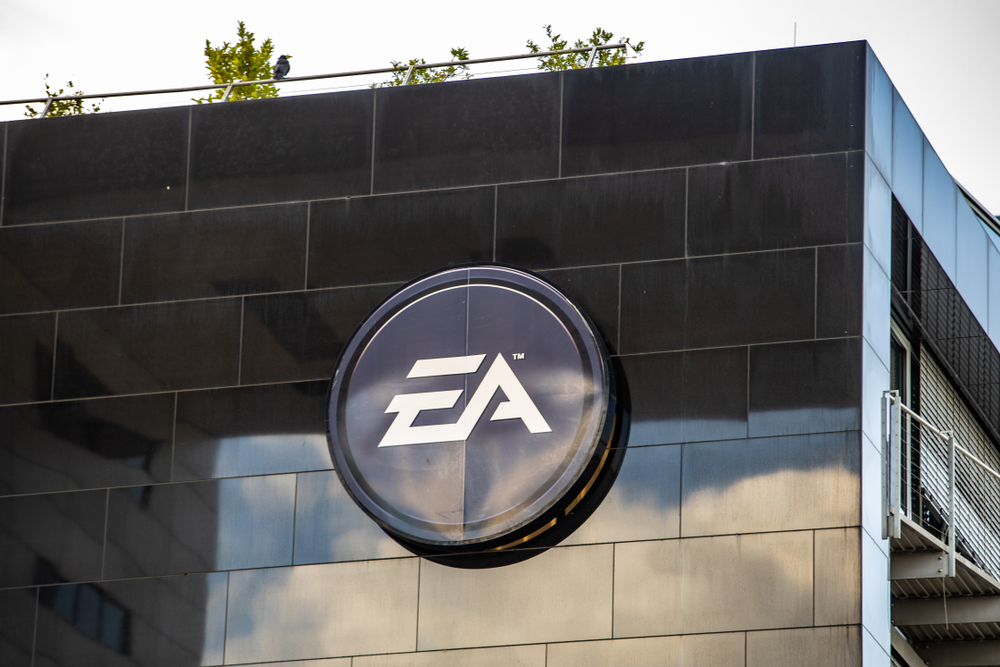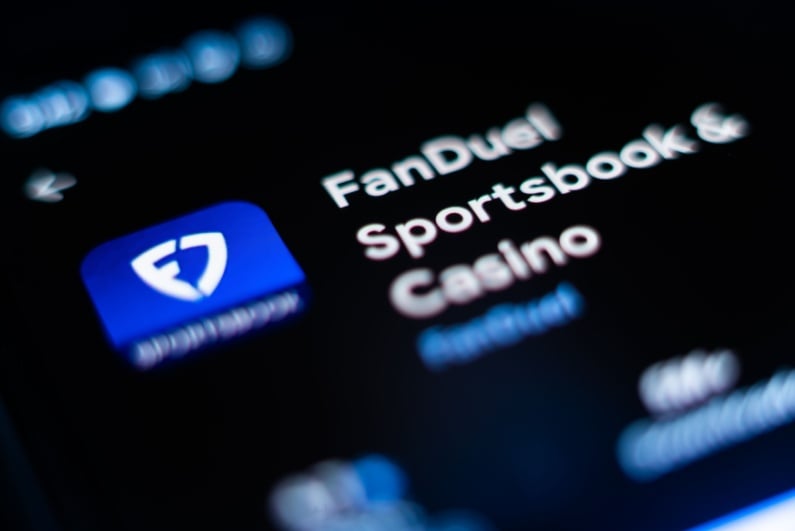Likely to fight back
Electronic Arts (EA) is reportedly appealing a district court decision that could lead to potential fines of up to €10m ($11.6m) for selling FIFA video game loot boxes in the Netherlands.
A Netherlands District Court recently ruled against the video game publisher, allowing the state’s gambling regulator Kansspelautoriteit (KSA) to issue the fines for EA’s violation of the Betting and Gaming Act.
In response, an EA spokesperson said the company was disappointed with the court’s decision and the effect it would have on EA’s Dutch playing community. EA believes its products do not violate any gambling laws. The company said it is committed as a video game publisher to promote positive play, and is happy to address any concerns with relevant stakeholders.
The KSA initially imposed the fines in October 2019, but EA contested the penalties and wanted the case to remain out of the public eye. However, the three-judge panel ruled in favor of the KSA on both fronts.
there will be weekly fines of €250,000 ($224,938)
EA now has three weeks from the date of the court order – dated October 15 – to make relevant changes to FIFA 19, FIFA 20, and FIFA 21 game packs. Otherwise, there will be weekly fines of €250,000 ($224,938) for both EA and EA Swiss Sàrl, up to a total of €10m.
Specific of the case
Before the court’s ruling and subsequent decision by the KSA, EA had argued that FIFA Ultimate Team packs are not a form of gambling, as the items they contain cannot be directly converted into money. It outlined that there is no link between opening these packs and gambling addiction. The developer also emphasized that FIFA is a game of skill and not chance.
no link between opening these packs and gambling addiction
The court dismissed EA’s arguments, stating that there are ways in which people can profit from Ultimate Team cards, with some selling for up to €2,000 ($2,329). It noted that there is also the option to ignore the actual gameplay and just buy the packs.
Addressing the lack of a link to gambling addiction, the court said every new game of chance need not come with proof that it causes problems. The Betting and Gaming Act assumes that these types of games all carry a risk of gambling harm. Emerging research also shows the potential dangers of loot boxes in video games.
Finally, EA claimed that making the details of the regulatory action public would disproportionately harm its reputation and business. The court responded that the public interest in the penalties and letting people know about unlawful commercial practices were more important than protecting EA’s reputation.
Other arguments dismissed by the court included claims of censoring game designer creativity and violating EA’s rights to freedom or expression and property.
Goal of the KSA
The KSA aims to protect vulnerable groups of people such as minors from gambling exposure. As a result, the regulator supports the strict separation between gambling and gaming, in view of the high prevalence of young people playing video games.
Loot boxes are a contentious issue across the world. Earlier in October, attorneys in Canada filed a class-action lawsuit against EA over loot boxes in NHL and Madden NFL games. The plaintiffs claimed that loot boxes are unlicensed and illegal gaming systems, akin to games of chance inside of a video game.




